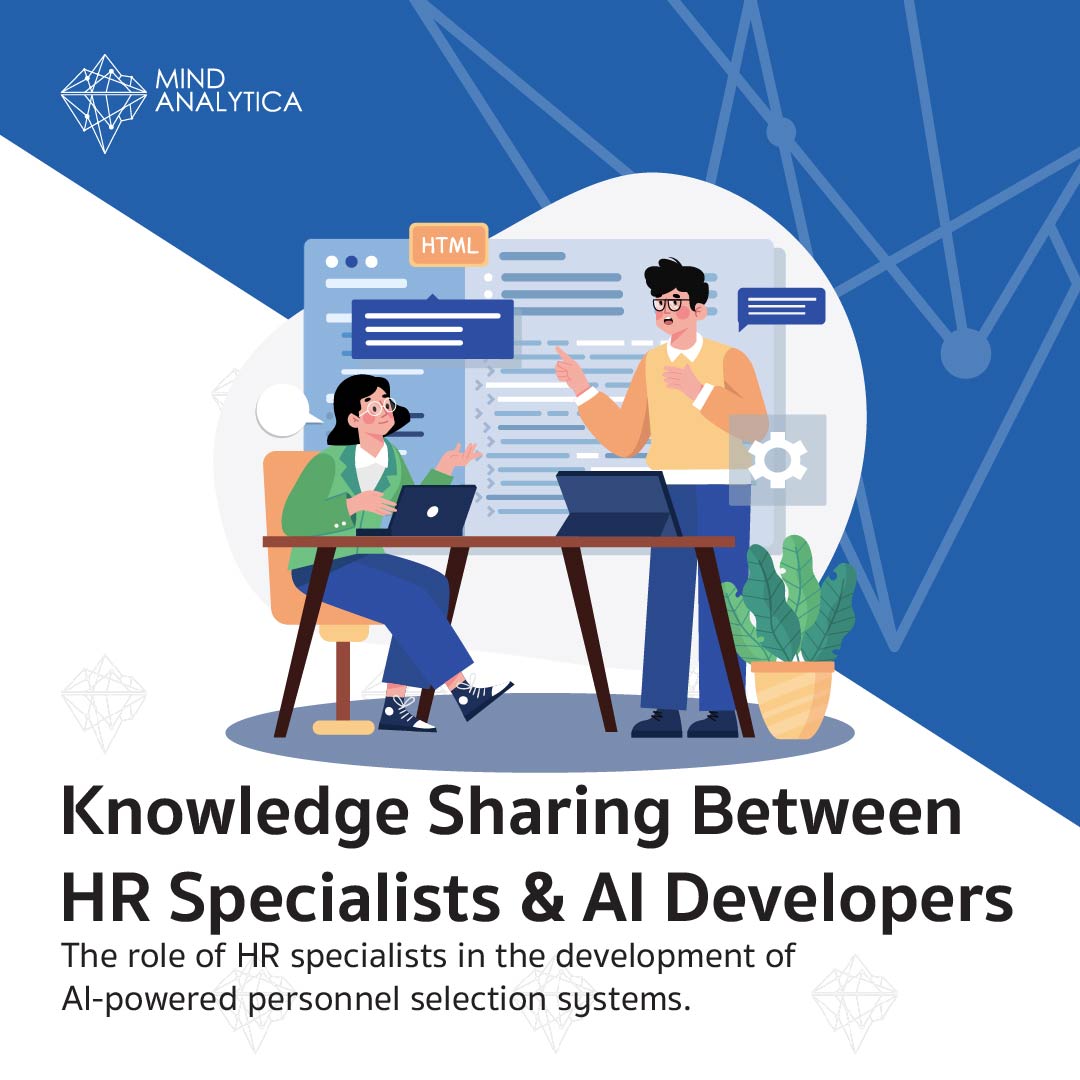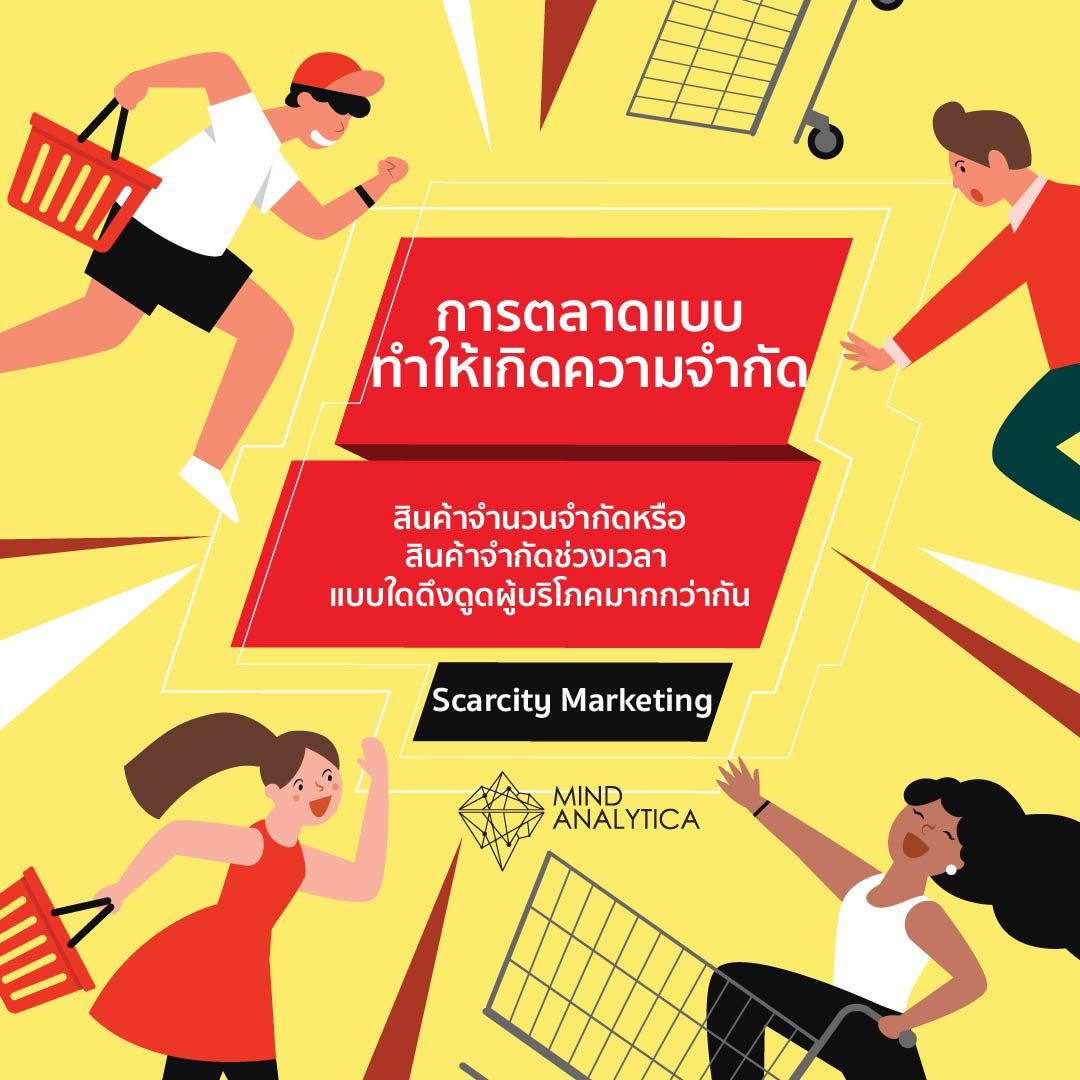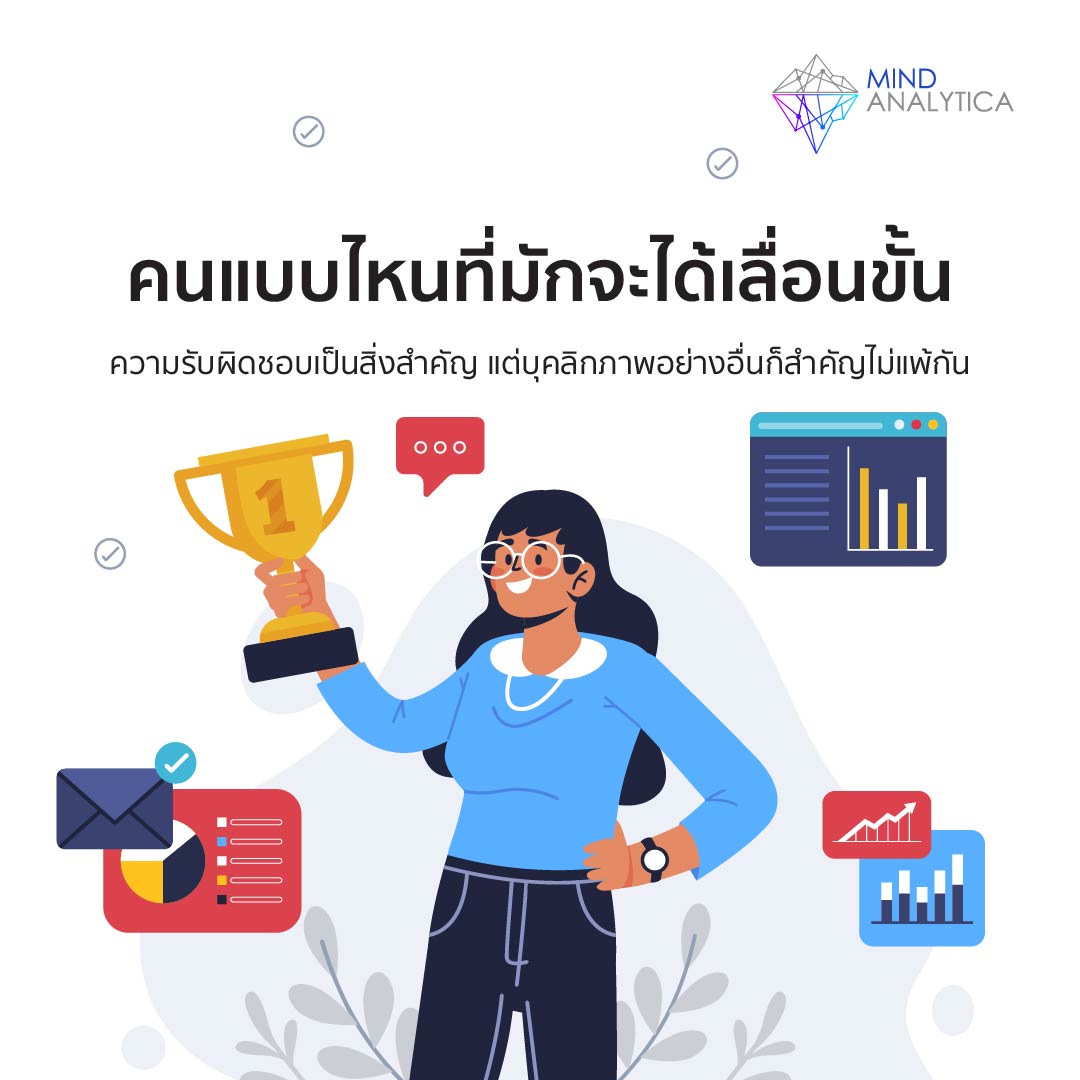Knowledge Sharing Between HR Specialists & AI Developers
31 กรกฎาคม 2566 - เวลาอ่าน 3 นาที
The role of HR specialists in the development of AI-powered personnel selection systems.
Artificial Intelligence (AI) has replaced human decision-making in various domains, including employee selection. This includes evaluating job applications, conducting interviews, and analyzing survey responses. The principle of AI is to use models to predict human decision-making by looking at how current employees select or reject candidates, and then using AI to make similar decisions.
However, after more than ten years of using AI, a problem arises: human bias multiplies. For example, there may be bias in decision-making based on gender, favoring certain professional backgrounds over abilities, and so on. Humans possess such biases, and using AI to simulate human decision-making exacerbates these biases. To reduce these biases, it is essential to increase communication between HR and AI developers during the AI development process.
Soleimani and Pauleen interviewed 35 HR managers and 14 AI developers specialized in personnel selection. The interviews focused on how to successfully implement AI in employee selection. Many suggestions arose, which can be categorized based on the AI development process:
Preparing for AI development: HR and AI developers must understand what the AI system for employee selection entails and its limitations. This ensures both parties have the same expectations. Additionally, AI developers must design questions or evaluation methods that align with the skills required for the job positions identified by HR. Sometimes, HR may not fully understand the actual job requirements, leading to different perspectives. For example, a testing position might be viewed by HR as requiring attention to detail, while in reality, the position requires excellent communication and collaboration skills with users and developers.
During AI development: AI's principle is to predict HR's decision-making based on applicant data. HR can assist AI developers by (a) helping clean data to determine relevant or irrelevant information for decision-making and identifying data that may bias predictions, (b) finding applicants or sample groups that create a broader AI model that covers a diverse range of applicants concerning gender, age, basic professional backgrounds, and (c) grouping data to ensure AI predictions are accurate, not too detailed, and not overly broad. In conclusion, AI developers are merely technical facilitators that simulate an organization's decision-making. If the data at the beginning is of high quality, a good technical facilitator can create an AI model that closely matches the data.
After AI development: HR should experiment with the AI system for a certain period. HR needs to assess whether AI's decision-making aligns with actual decisions and whether AI combined with human decision-making is consistent. HR should be vigilant in identifying any biases resulting from using AI in decision-making.
AI is a process that simulates human decision-making, and the quality of this simulation depends on the techniques used and the decision-making data. The current techniques for simulation have significant gaps that prevent 100% accurate predictions of human decisions. Moreover, human decision-making can also be flawed and not reflective of reality. When these two components combine, AI may amplify the flawed decision-making of humans. Sharing knowledge and communicating between HR and AI developers are crucial to reduce these biases effectively.



